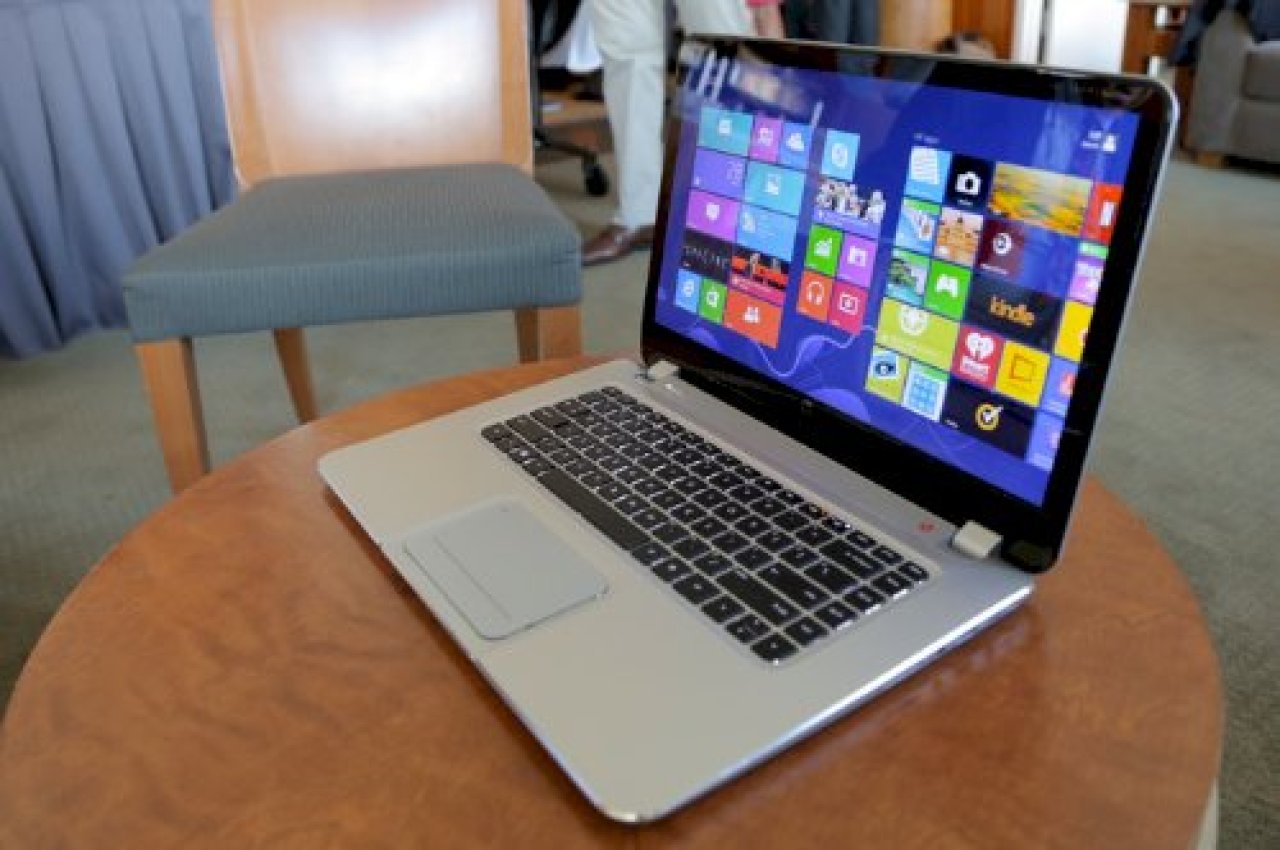Laptop Security: Safeguarding Your Device and Data

In today's digital age, laptops have become an indispensable part of our lives, serving as gateways to a world of information and connectivity. From personal documents to sensitive financial information, our laptops store a treasure trove of data that needs to be protected from various online and offline threats. In this comprehensive guide, we'll delve into the realm of laptop security, exploring best practices and tools to safeguard your device and data from potential risks.
Understanding the Risks
Before delving into security measures, it's crucial to understand the potential risks that laptops face:
- Malware and Viruses: Malicious software can infect your laptop through various means, compromising your data and privacy.
- Phishing Attacks: Cybercriminals often employ phishing techniques to trick users into revealing sensitive information such as login credentials or financial details.
- Physical Theft: Laptops are portable devices, making them vulnerable to theft. If stolen, not only do you lose your device, but also the data stored on it.
- Unsecured Networks: Connecting to unsecured Wi-Fi networks exposes your laptop to potential eavesdropping and hacking.
Essential Security Measures
Now that we've identified the risks, let's explore the essential security measures to protect your laptop:
- Use Strong Passwords: A strong password is your first line of defense against unauthorized access. Create complex passwords comprising a mix of letters, numbers, and special characters, and avoid using easily guessable information like your birthdate or pet's name. Consider using a password manager to securely store and manage your passwords.
- Keep Software Updated: Regularly update your operating system, antivirus software, and other applications to patch security vulnerabilities and protect against the latest threats.
- Install Antivirus Software: Install reputable antivirus software and keep it up to date. Antivirus programs detect and remove malware, viruses, and other malicious software from your laptop.
- Enable Firewall Protection: Activate the firewall on your laptop to monitor and control incoming and outgoing network traffic, preventing unauthorized access to your device.
- Encrypt Your Data: Encrypting your data ensures that even if your laptop falls into the wrong hands, the information remains inaccessible without the encryption key. Most modern operating systems offer built-in encryption tools, such as BitLocker for Windows and FileVault for macOS.
- Backup Regularly: Implement a regular backup routine to safeguard your data against loss or corruption. Store backups securely, preferably in an offsite location or on a cloud storage service with robust security measures.
- Secure Your Network Connections: When connecting to Wi-Fi networks, prioritize secured networks with encryption protocols such as WPA2 or WPA3. Avoid accessing sensitive information over public Wi-Fi networks, as they are often unsecured and vulnerable to interception.
- Practice Safe Browsing Habits: Exercise caution when browsing the web and downloading files. Avoid clicking on suspicious links or downloading attachments from unknown sources, as they may contain malware or lead to phishing scams.
Additional Security Tips
In addition to the essential security measures mentioned above, here are some additional tips to further enhance the security of your laptop:
- Enable Two-Factor Authentication (2FA): Two-factor authentication adds an extra layer of security by requiring two forms of verification (e.g., a password and a code sent to your smartphone) to access your accounts.
- Use Virtual Private Networks (VPNs): VPNs encrypt your internet traffic and route it through secure servers, protecting your privacy and data from prying eyes, especially when using public Wi-Fi networks.
- Enable Remote Tracking and Wiping: Enable features like "Find My Device" (for macOS and iOS devices) or "Find My" (for Windows devices) to remotely track and, if necessary, wipe your laptop in case it's lost or stolen.
- Secure Physical Access: When not in use, store your laptop in a secure location or use a physical locking mechanism (e.g., laptop locks or security cables) to prevent theft.
Conclusion
In conclusion, ensuring the security of your laptop is paramount in protecting your device and data from various threats. By implementing the security measures outlined in this guide and adopting safe browsing habits, you can minimize the risks and enjoy peace of mind knowing that your laptop is well protected. Remember, cybersecurity is an ongoing process, so stay vigilant and keep your defenses up to date to stay one step ahead of cyber threats.







